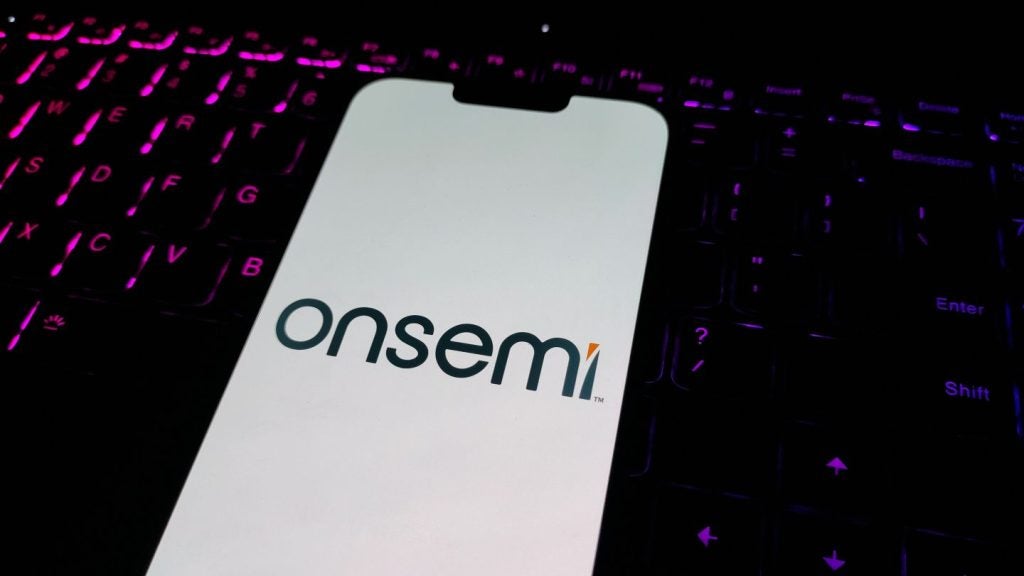
Another day, another government fight against encrypted messaging apps.
Secure messaging app Telegram has been ordered to block terror channels on its network by the Indonesian government.
The app has unfortunately become known as the “app of choice” for so-called Islamic State (ISIS) terrorists and has been used for recruitment and propaganda purposes. It was allegedly used by ISIS members behind the Paris attacks in 2015.
Last week, Indonesia blocked access to the web version of Telegram after concerns about the rise of ISIS in Southeast Asia.
The Ministry of Communications and IT said it was being used to promote radicalism and give instructions for carrying out attacks.
Earlier this year, an ISIS-linked suicide bomb attack in the country’s capital, Jakarta, killed three police officers and injured 10 people.
As a result, Telegram has said it is making a concerted effort to prevent the app being used by terrorists. In a note, founder Pavel Durov said Telegram had removed all terrorist-related public channels reported by the government.
As well, it was working to form a team of moderators with knowledge of Indonesian language and culture to remove terrorist-related channels more quickly.
Durov said:
Telegram is heavily encrypted and privacy-oriented, but we’re no friends of terrorists – in fact, every month we block thousands of ISIS-related public channels.
Whenever there appears to be a terror attack, governments turn on messaging apps and their privacy for “facilitating” terrorism. After the Westminster attacks in March, UK home secretary Amber Rudd attacked end-to-end encryption used on apps such as WhatsApp and Facebook Messenger.
At the time, she said:
We need to make sure that organisations like WhatsApp – and there are plenty of others like that – don’t provide a secret place for terrorists to communicate with each other.
Read more: The UK government is launching an offensive against encryption — what could this mean?
This weekend, it was the Australian prime minister Malcolm Turnball time to attack encryption in messaging apps.
New legislation proposed by the government could force the likes of WhatsApp to hand over the contents of encrypted messages.
I’m not a cryptographer, but what we are seeking to do is secure their assistance. They have to face up to their responsibility. They can’t just wash their hands of it and say it’s got nothing to do with them.
However, there are concerns that governments will use terror incidents to attempt to break encryption which could adversely affect the normal public.
David Emm, principal security researcher for internet security software company Kaspersky Lab, told Verdict:
We use it for an awful lot of things we do online, including online shopping, for email and when we do our banking. We’re actually very reliant on encryption to make sure that nobody who isn’t meant to be prying gets to see the information. The potential danger is that law-abiding citizens would end up not having encryption because we don’t want to break the law. The only people making use of it then are criminals and the rest have gained no benefit from it.







